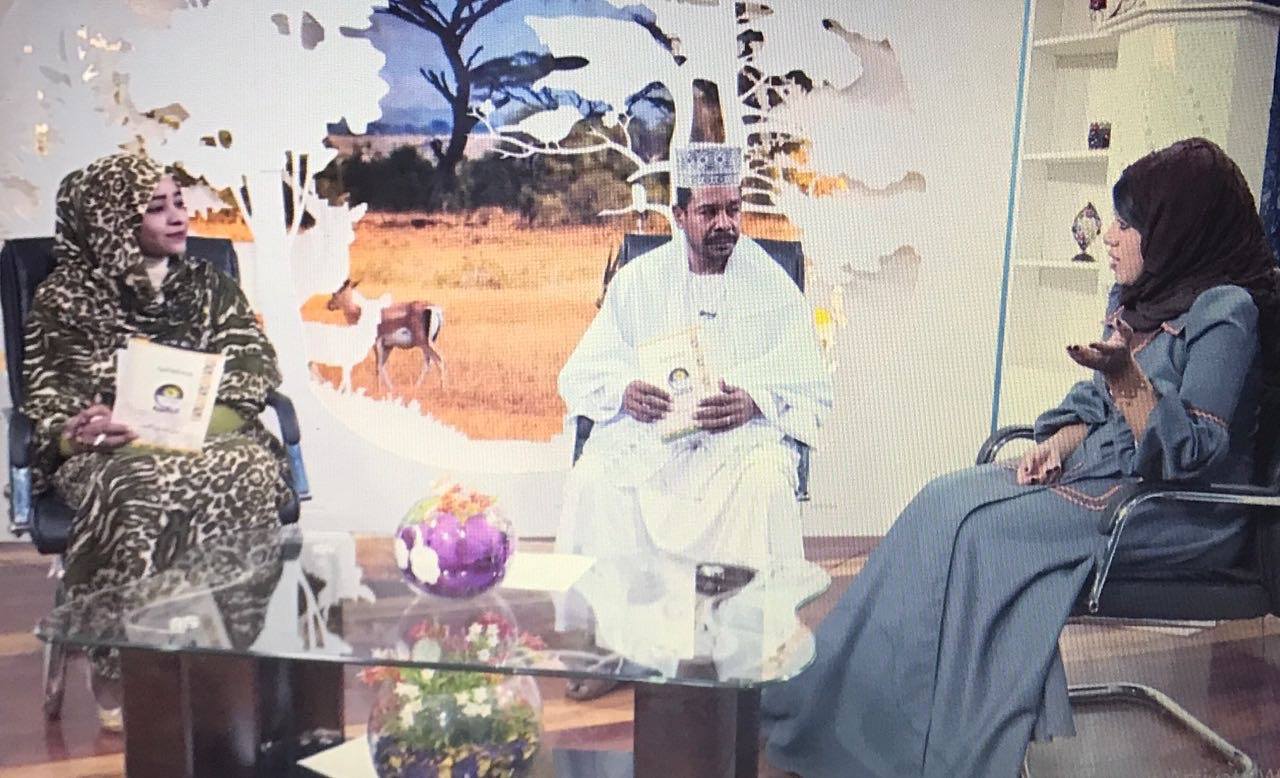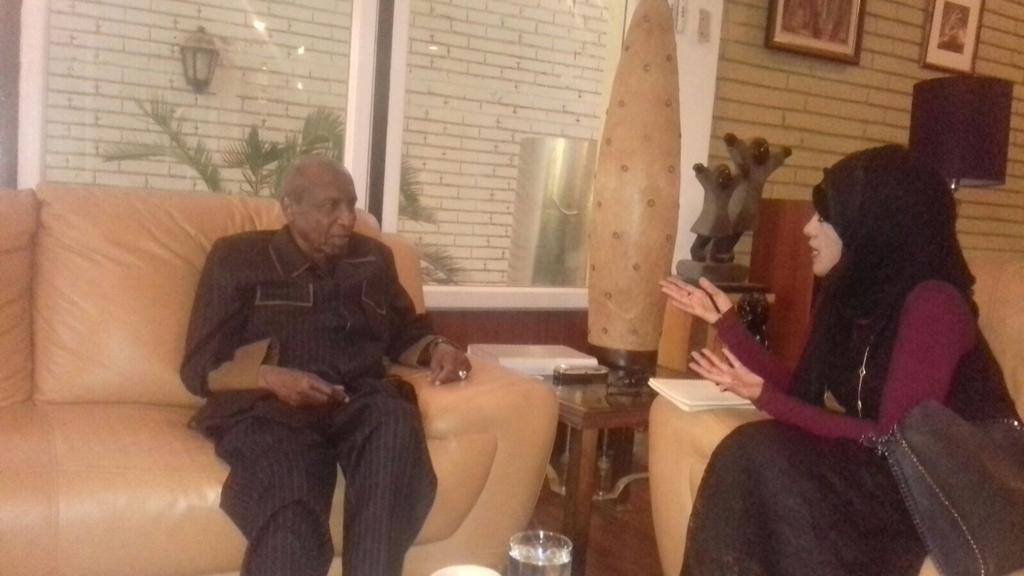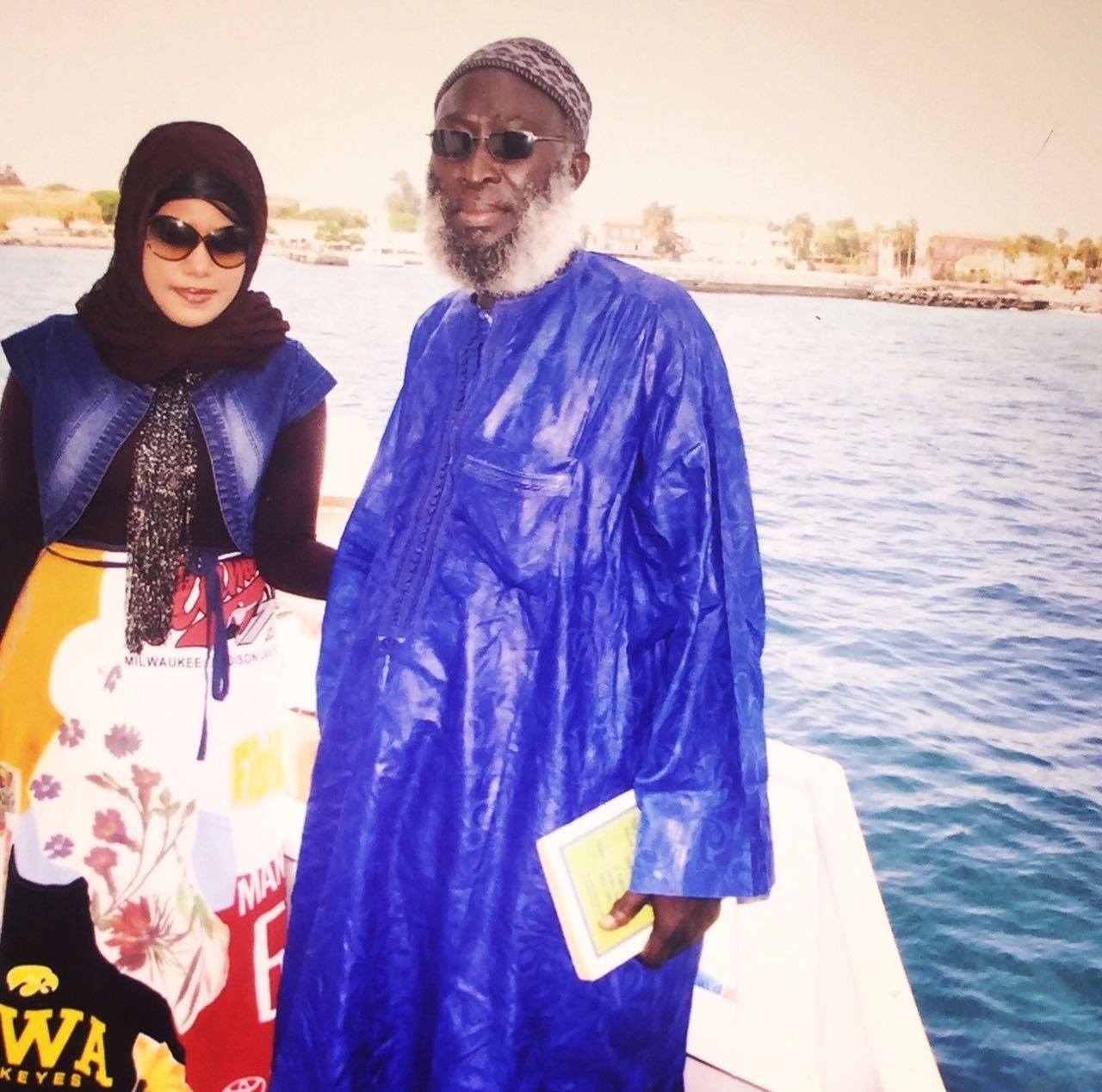In the Presence of an African Personality
After the end of my academic trip to South and West African countries I happened to meet with “really unique” personalities during many events and situations. By “really unique” I mean each and every personality represents a separate school from which a whole generation can learn. They neither surrendered to material temptations nor favored their narrow personal interests, but rather believed that nations have a costly price to pay in order to persevere and that determined nations can never carry on except through bravely facing their mistakes and correcting their course; so it’s no wonder such personalities could tower and caused their nations to tower too.
Virtually, those personalities existed to remain; they can neither be obscured by death nor ignored by life, despite all mean persons’ attempts to otherwise convince us. They alone could clarify to me personally the vast difference between the “really unique” personalities and those I termed “commodity personalities”, for there does exist a sort of persons who are just like commodities, holding high opinion of themselves though actually conscious of their real trivial value. Such persons today began to change attitudes, appearing further unpredictable and that is totally unsurprising.
One of the most prominent figures I met in West Africa is Professor Khadim Mbacke, the outstanding political adviser and author of the first cultural encyclopedia in Africa. This encyclopedia has been internationally recognized among the most important academic references in modern times and it dealt with historic pilgrimage routes from West Africa to the Holy Land.
My relationship with Professor Khadim Mbacke started with the academic research I was then preparing. Following the academic seminar on the Afro-Gulf relations I presented at the African Center for Peace Affairs in the presence of the African Union representative, Professor Khadim Mbacke assisted me in the completion of my specialized studies in African affairs. He also supplied me with various valuable academic resources after I presented papers in the African Culture Conference which tackled Hajj routes in Senegalese literature and aspects of African resistance for Western culture from colonial times up to the present.
Though I concluded my specialized academic studies in African affairs and returned home but still I benefit from this distinguished personality of whom Africa is proud.




Diana Torres
Rassa id neque aliquam vestibulum morbi blandit in fermentum et sollicitudin ac orci phasellus egestas tellus velit ut tortor pretium viverra suspendisse potenti nullam ac tortor eu turpis egestas pretium.
Diana Torres
Rassa id neque aliquam vestibulum morbi blandit in fermentum et sollicitudin ac orci phasellus egestas tellus velit ut tortor pretium viverra suspendisse potenti nullam ac tortor eu turpis egestas pretium.
Diana Torres
Rassa id neque aliquam vestibulum morbi blandit in fermentum et sollicitudin ac orci phasellus egestas tellus velit ut tortor pretium viverra suspendisse potenti nullam ac tortor eu turpis egestas pretium.